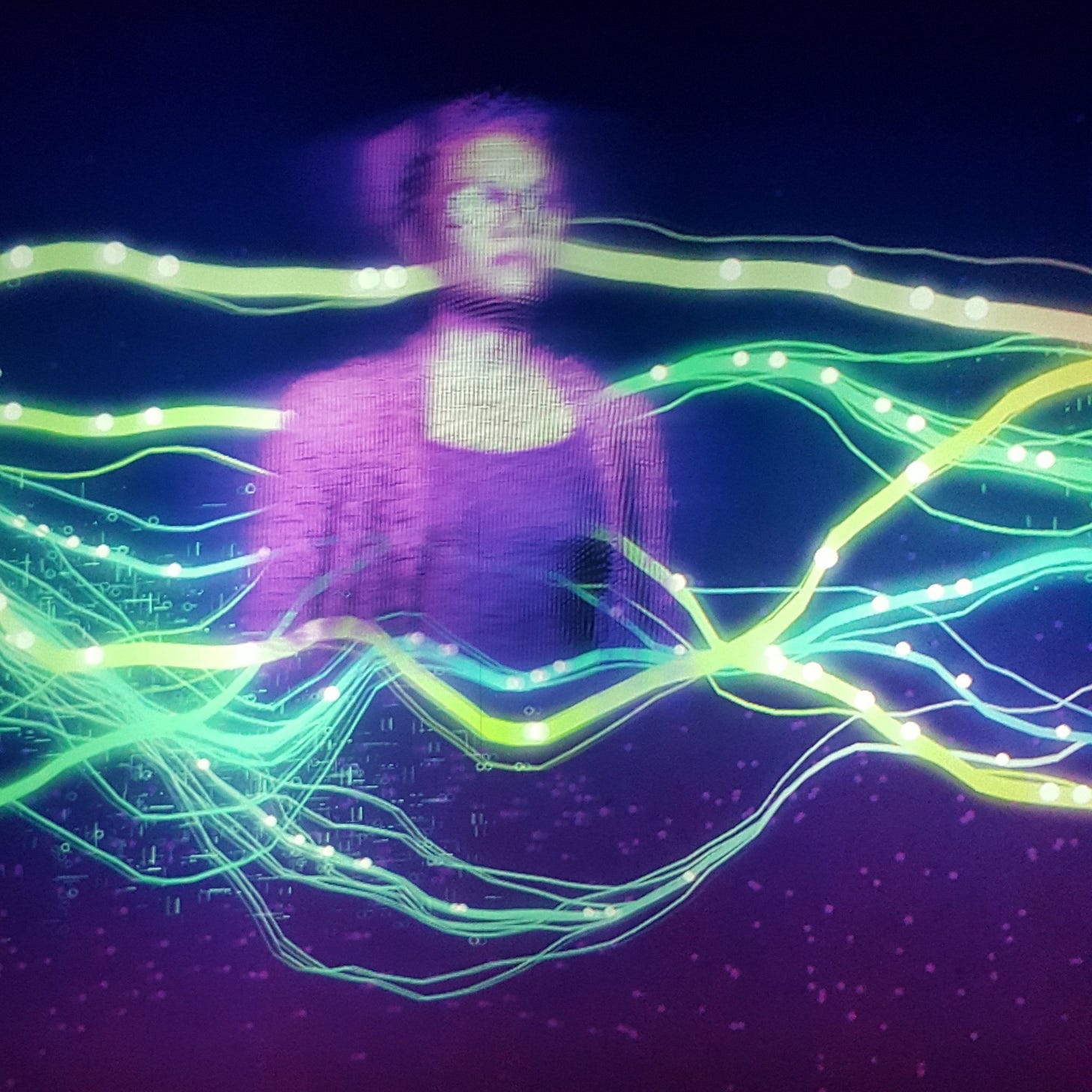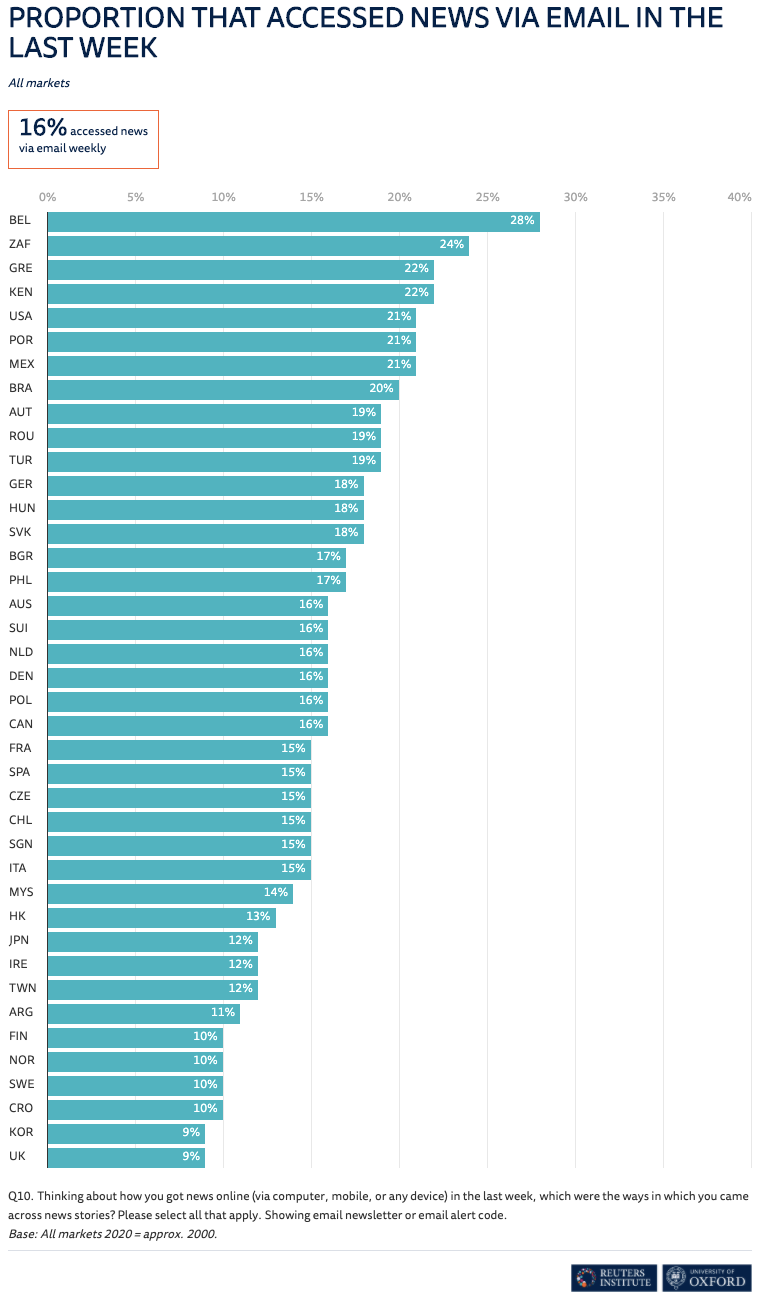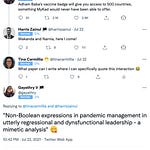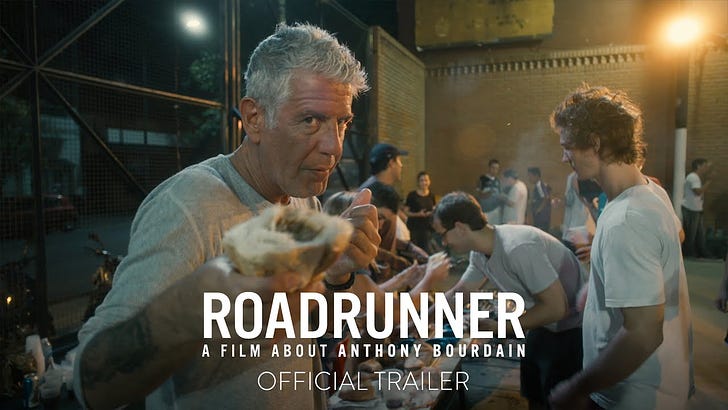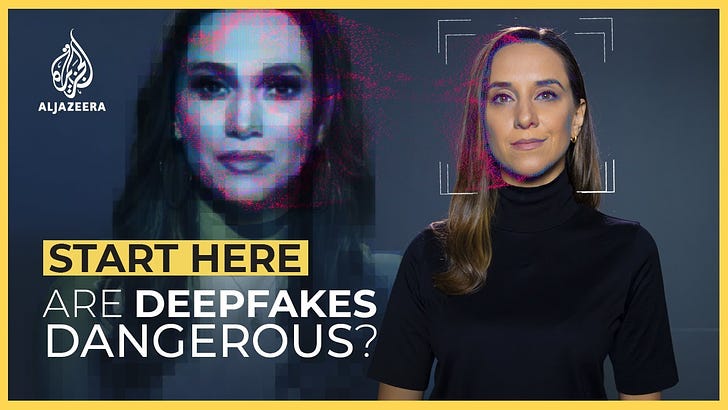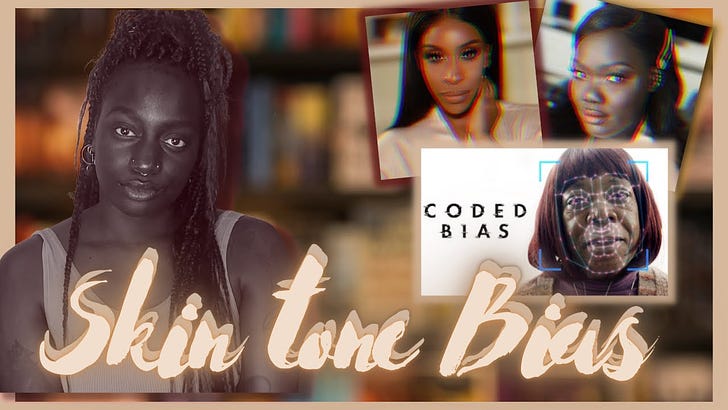NOTE: Last week, I mis-scheduled the publication time for The 10th Block. If that meant that it got buried in your inbox and you never opened it, please find it here.
Raphael Satter for Reuters: Deepfake used to attack activist couple shows new disinformation frontier. “His half dozen freelance editorials and blog posts reveal an active interest in anti-Semitism and Jewish affairs, with bylines in the Jerusalem Post and the Times of Israel. The catch? Oliver Taylor seems to be an elaborate fiction. […] The Taylor persona is a rare in-the-wild example of a phenomenon that has emerged as a key anxiety of the digital age: The marriage of deepfakes and disinformation.”
BBC announced that, along with other members of the Trusted News Initiative including AFP, CBC/Radio-Canada and Reuters, it would begin adding a digital watermark to its content to guard against disinformation in the run-up to the 2020 US election.
The Tab’s Greg Barradale speaks to Tuba Geçkil – the Turkish cake artist behind the ‘everything is cake’ meme. Emma Betuel of Inverse speaks to scientists who explain why the hyper-realistic art trend creates a strange dissonance in our brains.
What the hack is going on? Tick-tock, time’s running out, we need an answer!
A throwback to the time I provided my biometrics to the [redacted] government and my whole life was digitised. No turning back.
The US wants to ban TikTok because of its ‘national security threat’, but then the most scandalous hack unfolded on Twitter: High profile verified accounts including those of Barack Obama, Elon Musk, and Bill Gates sent out scam messages asking for bitcoin in return for more bitcoin. It may have been an inside job.
Larry Cermak for The Block Crypto provides a play-by-play: “The Twitter account hacks – a comprehensive timeline of events”.
Is it just about the money? Most likely not. Twitter reported that compromised accounts may have had their personal data downloaded. And it’s not over. The FBI is now investigating the hack.
Perhaps India’s recent ban on TikTok made the idea more acceptable in the US and elsewhere, but if the concern is “security threat,” then a ban alone is insufficient without addressing the threat to data and democracy on any other online platforms, including these American-based ones.
Plus, the EU doesn’t think too highly of the US’ privacy laws, rejecting data transfer tool in the Max Schrems case.
What I read, watch and listen to…
I’m reading Wonder Tools, a weekly newsletter on digital tools by journalist and educator Jeremy Caplan. Although curated for journalists, it has plenty of resources for anyone who is interested in apps and tools for productivity and creativity.
I’m watching and taking notes:
Chart of the week
The Reuters Institute at Oxford University published the annual Digital News Report. Of all the trends that were presented, what stole my heart was the encouraging news that more people are now receiving their news through newsletters.
Orang muda dan Bahasa Melayu dalam media sosial
Saya akan membuat rumusan dan ulusan lanjut dalam edisi akan datang tentang pembentangan Prof Dato’ Dr Teo Kok Seong dalam siri Wacana Ilmu 2020 oleh Dewan Bahasa dan Pustaka. Tapi buat masa sekarang, tontonilah:



